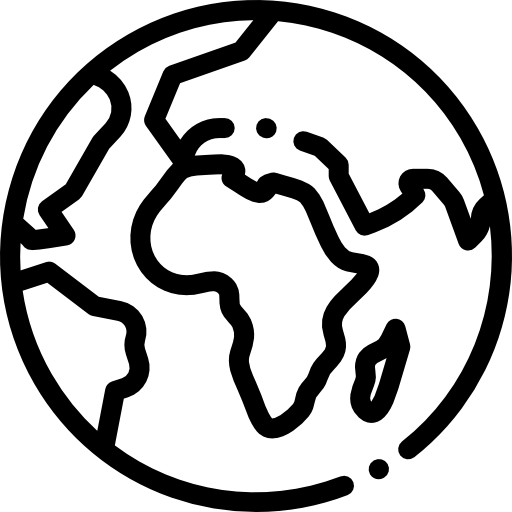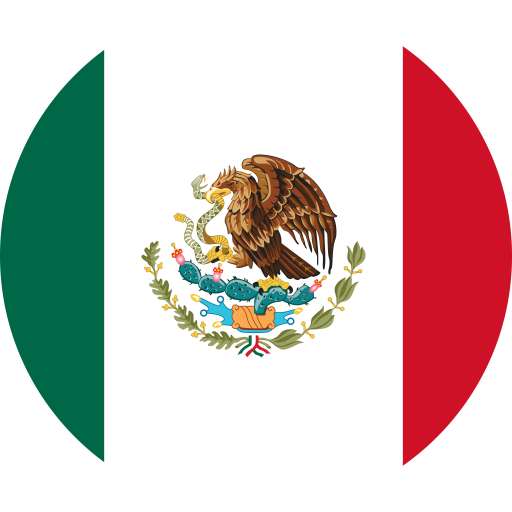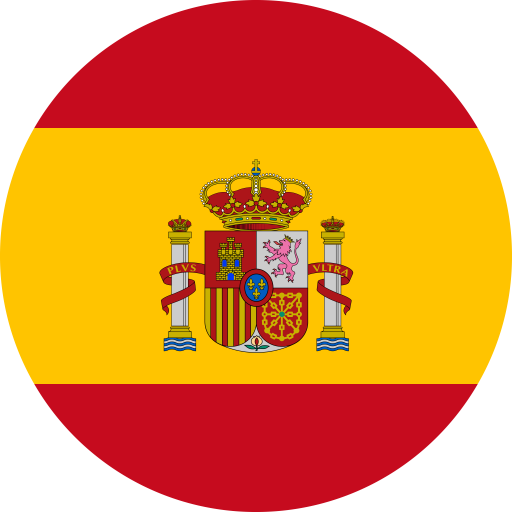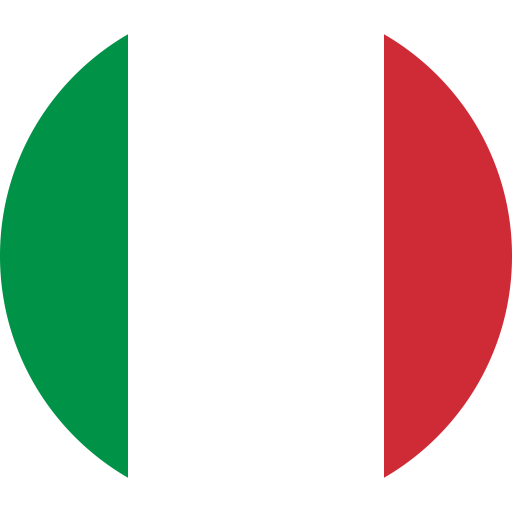RSC
We align our values with those of our employees and our Society.We therefore support actions that we believe are aligned with our Vision, with our employees and with our vision of a better society.
We therefore support actions that we believe are aligned with our Vision, with our employees and with our vision of a better society.
The Madina Project
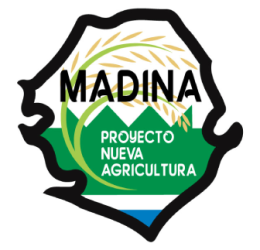
Creating local impact through
sustainable agriculture
This is a project initiated by Biorizon Biotech to teach and help to obtain food in a sustainable and lasting way in the northern district of Kambia, in Sierra Leone.
Creating local impact through
sustainable agriculture
This is a project initiated by Biorizon Biotech to teach and help to obtain food in a sustainable and lasting way in the northern district of Kambia, in Sierra Leone.

The Proyect
A total of 10 hectares of communal land have been prepared and put into use for rice production that can reach up to 12,000 tonnes per year. kilos. The proceeds will be used for consumption local. About 20 people, young men and women who live in the area, work as wage labourers in this task. Sierra Leone has long suffered the scourges of war and Ebola, which caused a pandemic. The situation in the country is beginning to improve and now is the time to join forces and initiatives to collaborate in its progress. This is what we intend to do, to create wealth, employment and to ensure that others join us in our initiative. because there is a lot to do there.

During this first year what we have done is take the pulse of the country, because it's very complicated. from a distance to assemble a team to develop those 10 hectares of cultivation. Our intention to medium term is to double the area under cultivation, but to our main objective is to ensure access to the feeding of a basic commodity such as rice, as many families cannot afford to have access due to price fluctuations. The MADINA project is part of our responsibility to give back to the most disadvantaged society a part of what we are receiving from it.

Future Plans
The initiative will allow for the expansion of the the area under cultivation to 20 hectares and to use the proceeds from the sale of production to set up an agricultural training school. that offers a continuity and a future for the zone. The project involves Juan Francisco Domínguez, a cooperation advisor who, according to him this production activity has the benefit of added to the strengthening of ties between the family groups in the area, whose members are are forming and working for the common good. "We are acting, he explains, in a district inhabited by some forty thousand people who live in different nuclei, not far from each other. The first harvest will be used to guarantee them access to to such a staple food as rice. That is why we hope to count on the collaboration of the United Nations for an adequate distribution of the production".

The Sierra Leone project is overseen by Biorizon Biotech through one of its staff, Victor, a native of Sierra Leone and a former child soldier who came to Spain under the protection of the university of Almería. He was educated and trained in agriculture in Almeria and is currently a member of the staff at Biorizon Biotech. Víctor received training in our country, which has helped him to now allowed to work with us and put into This project is a project that fills him with enthusiasm because it is to the benefit of his region, he is delighted to see that he will be able to help his people. He is keeping a close eye on the whole project and checking that it is being do everything properly. Juan Francisco Domínguez, project advisor, highlights the fact that "from solidarity, it is not possible to companies can easily find companies that will invest altruistically, knowing that there may be a zero economic profitability. Biorizon not only donates but who is involved, who invests money, time and resources to the project. About 300 adults and about 70 children currently live in Madina. Everyone participates and benefits of this project.
The proyect


Future Plans
The initiative will allow for the expansion of the the area under cultivation to 20 hectares and to use the proceeds from the sale of production to set up an agricultural training school. that offers a continuity and a future for the zone. The project involves Juan Francisco Domínguez, a cooperation advisor who, according to him this production activity has the benefit of added to the strengthening of ties between the family groups in the area, whose members are are forming and working for the common good. "We are acting, he explains, in a district inhabited by some forty thousand people who live in different nuclei, not far from each other. The first harvest will be used to guarantee them access to to such a staple food as rice. That is why we hope to count on the collaboration of the United Nations for an adequate distribution of the production".



